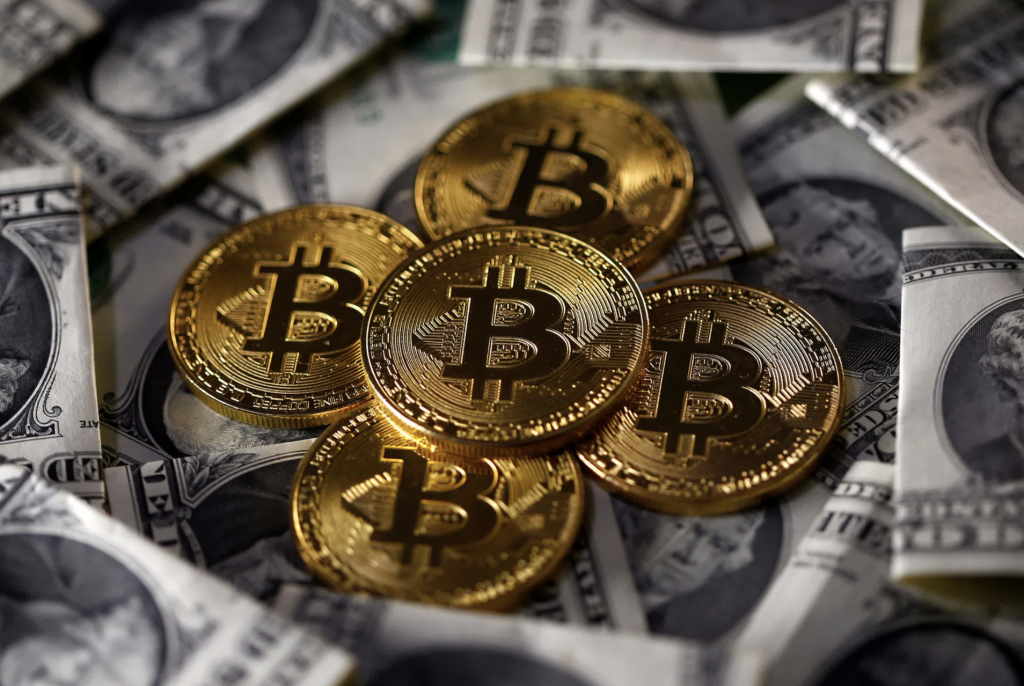Now, the news that Bitcoin has officially become the legal tender of El Salvador from September 7 has become one of the most widely watched events in the currency circle.
The country’s president, Nayib Bukele, stated that on Monday of the same week, the country had already purchased the first sum of 400 bitcoins and planned to buy more. So why does the country adopt Bitcoin as legal tender? What will Bitcoin bring to this country?
1. El Salvador’s economic and social background
The economy of El Salvador is dominated by agriculture, rich in coffee and cotton. In terms of minerals, there are gold, silver, sulfur and petroleum. In addition, to encourage foreign investment, the Salvadoran government has a tax discount (about 13% discount) that is exempted from the purchase tax for companies established by foreign investors.
In terms of currency, before 2001, El Salvador had an independent legal tender, the Salvadoran colon, but due to severe inflation, the monetary system collapsed. Therefore, since January 1, 2001, the Central Bank of El Salvador will no longer issue colones, but colones can continue circulating.
At the social level, El Salvador was independent of Spanish rule in 1821 and reached its climax in the Salvadoran Civil War from 1979 to 1992. Gangs, violence and high crime rates are among the biggest impressions El Salvador has left on the outside world.
Currently, more than 2 million Salvadorans live outside the country’s territory. Affected by the new crown epidemic, the country is also one of the countries with the most significant financial pressure in Central America under the epidemic. In 2021, the Salvadoran government has the second-highest debt ratio in Latin America, second only to Brazil.
2. Create dollar financing or de-dollarization?
As a small country in Central America, it is so radical in the field of digital currency. Why?
Currently, El Salvador is still a dollarized economy, and the adoption of Bitcoin can make El Salvador more independent. After implementing the dollarization in 2001, El Salvador began to build debts, the cost of living soared, and only the foreign exchange sent home by migrants supported the economy. Now El Salvador has a persistent foreign trade deficit and no longer can save. The income is only enough to pay the interest on foreign debts.
There is even more speculation that El Salvador adopts Bitcoin as legal tender or is part of its complete separation from the U.S. dollar system. In addition, in the view of the Ministry of Economy of El Salvador, the country needs to authorize digital currency that fully complies with free-market standards to circulate in the country to stimulate economic growth.
But some leaders believe that when Bitcoin is listed as legal tender, it means that citizens of the country can make cross-border payments more efficiently every day without relying on the U.S. dollar.
3. Disaster or change?
Regarding the legalization of Bitcoin, many people support it, but many voices do not agree with it.
Some respondents who favor Bitcoin payment said: If I receive cash, I will spend it as soon as possible. If I hold Bitcoin, I can freely control and use it, as well as store it.
However, another interviewee said that people do not believe in Bitcoin and have gone through too many changes. The most worrying thing is that Bitcoin may plummet and leave you with nothing, so holding cash (USD) is a guarantee.
The above dialogue corresponds to the two views of the market on Bitcoin:
Bitcoin supporters believe that this digital currency has the same value-preserving properties as gold, and it may also increase in value in the future. Critics believe that Bitcoin’s rise and fall are unknown and may become rich overnight or overnight. Liquidation.
Suppose El Salvador attracts large-scale coin holders to transfer their bitcoins to El Salvador. In that case, the bitcoin roller coaster-like price cycle may have catastrophic consequences for the economy of this small country.
In any case, the supporters and critics of cryptocurrency are very concerned about this experiment. They want to verify through this: when bitcoin and the U.S. dollar are in circulation, whether a large number of people want to use bitcoin for transactions and whether It will bring any benefit to this violent and developing country.




